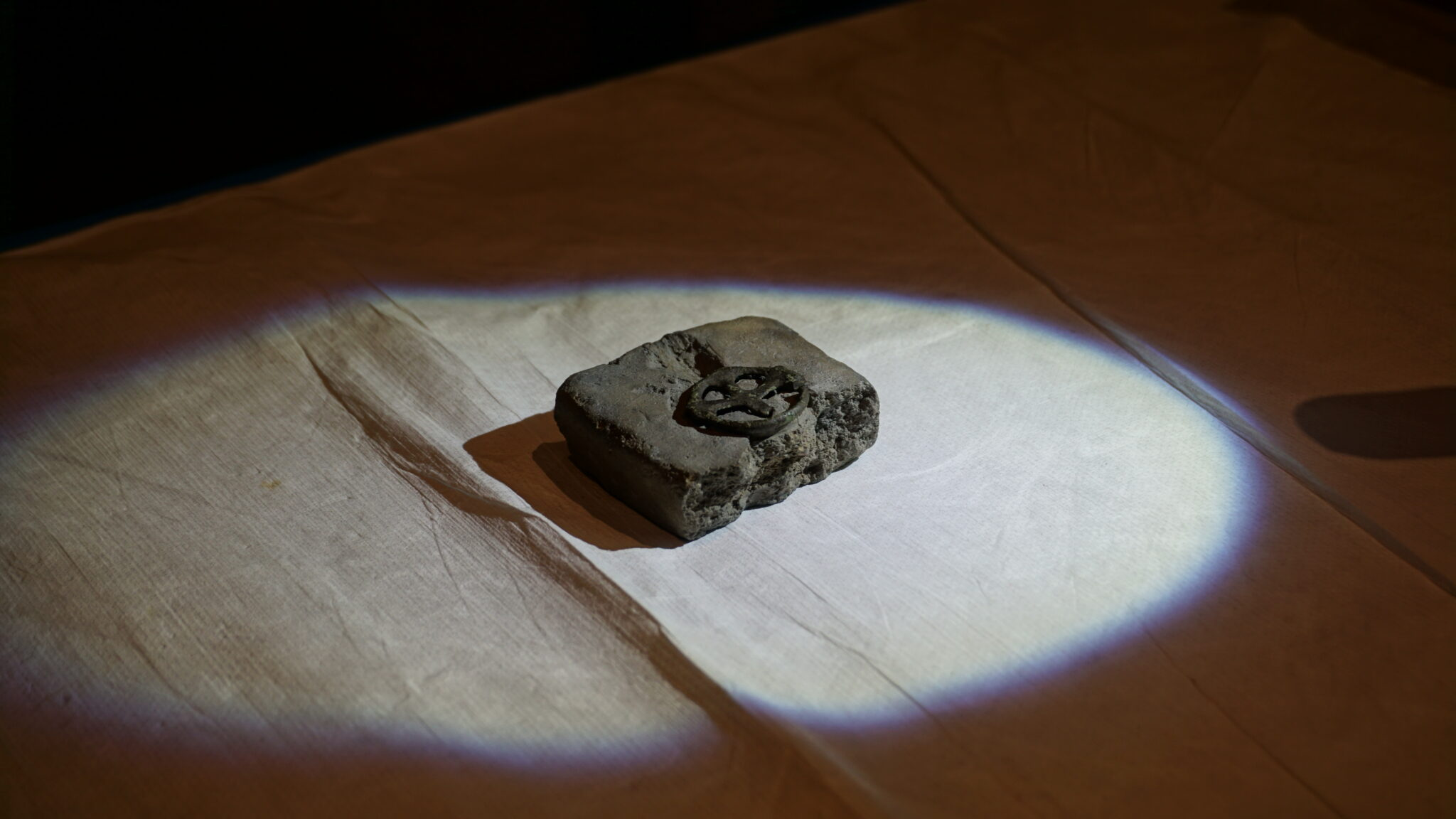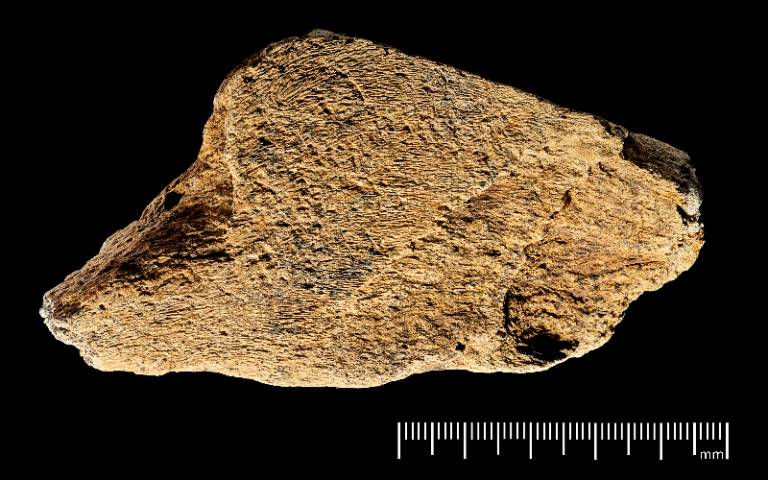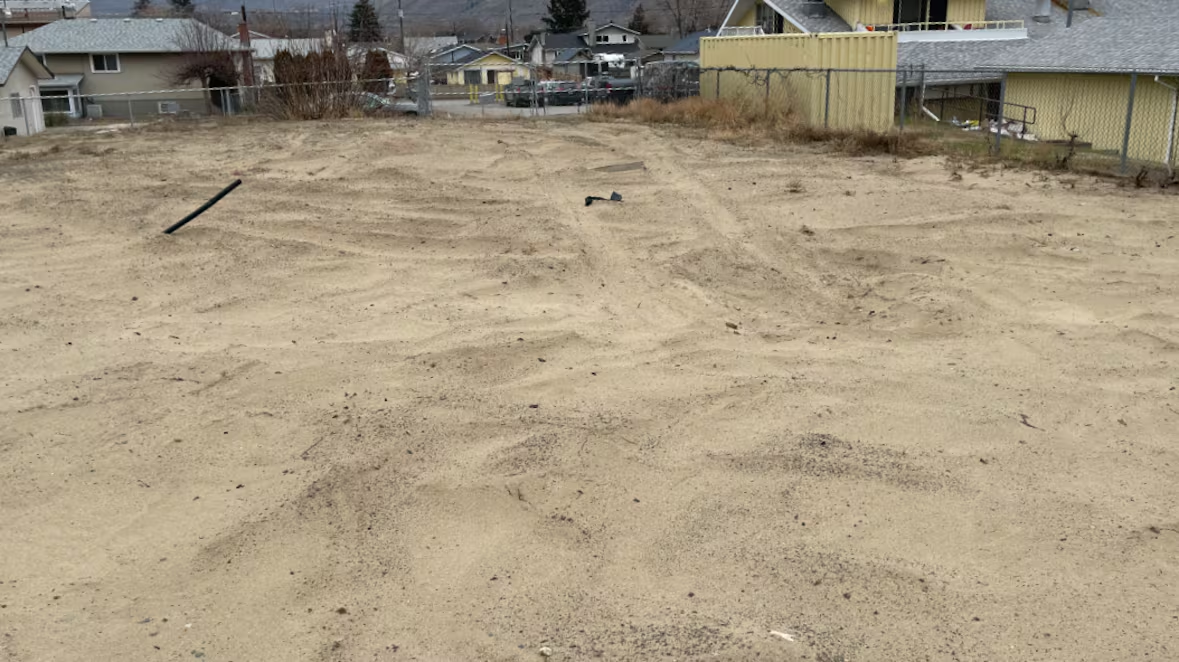Introduction
Alchemy, often regarded as a precursor to modern chemistry, played a fundamental role in the development of early scientific thought. Rooted in philosophical traditions and mystical beliefs, alchemy sought to understand the transformation of matter, the nature of substances, and the possibility of transmutation, particularly turning base metals into gold. While frequently associated with esoteric and spiritual elements, alchemy laid the groundwork for scientific inquiry by developing experimental methods, laboratory techniques, and theoretical frameworks that influenced later scientific disciplines.
Origins and Foundations of Alchemy
Alchemy emerged independently in several cultural traditions, including Egyptian, Greek, Chinese, and Indian alchemy. Each of these traditions contributed to the broader development of alchemical thought.
Egyptian and Hellenistic Alchemy
Egyptian alchemy, influenced by metallurgy and religious beliefs, developed early concepts of transformation, particularly in embalming and dyeing processes.
Hellenistic alchemy (c. 300 BCE) combined Egyptian practices with Greek philosophy, particularly the theories of Aristotle, who proposed that all matter was composed of four elements: earth, air, fire, and water.
The Hermetic Corpus, attributed to Hermes Trismegistus, integrated mystical and proto-scientific ideas that shaped later alchemical traditions.
Chinese and Indian Alchemy
Chinese alchemy, associated with Daoist philosophy, focused on achieving immortality through the creation of the elixir of life and the transformation of elements.
Indian alchemy (Rasayana) emphasized the purification of metals and medicinal compounds, playing a significant role in early Ayurvedic medicine.
The Philosophical and Scientific Contributions of Alchemy
While alchemy often contained mystical and speculative elements, it also contributed significantly to the development of scientific methods and practical chemistry.
1. Early Experimental Techniques
Alchemists developed laboratory apparatus such as alembics (distillation devices), crucibles, and retorts, which later became essential tools in chemistry.
The processes of distillation, sublimation, calcination, and dissolution were refined by alchemists in their quest for transmutation and purification.
2. The Theory of Transmutation and Elemental Change
The pursuit of transmutation—turning lead into gold—led alchemists to explore the properties of different substances and their reactions.
Alchemists proposed the existence of a philosopher’s stone, a substance believed to perfect and transform matter.
While the concept of transmutation was later disproven, the study of matter’s properties influenced the development of atomic theory.
3. Proto-Chemistry and Medicinal Advances
Alchemists discovered and refined numerous chemical substances, including acids, alcohol, and salts.
Alchemy contributed to the development of medicine, particularly through iatrochemistry, which sought to apply chemical principles to healing.
Influential figures like Paracelsus (1493–1541) argued that chemical remedies could replace traditional herbal treatments, marking a shift toward modern pharmacology.
The Transition from Alchemy to Modern Science
Alchemy gradually evolved into modern chemistry through the works of scientists who sought to separate empirical investigation from mystical and speculative elements.
Robert Boyle (1627–1691): His work The Sceptical Chymist (1661) challenged alchemical theories and emphasized experimental verification.
Antoine Lavoisier (1743–1794): Introduced the concept of chemical elements and the conservation of mass, fundamentally reshaping scientific understanding.
Isaac Newton (1643–1727): While known for his contributions to physics, Newton conducted alchemical research, highlighting the lingering influence of alchemical ideas in early modern science.
Conclusion
Ancient alchemy played a crucial role in the development of early scientific thought, bridging the gap between mystical traditions and empirical investigation. Through their experimentation with substances, refinement of laboratory techniques, and pursuit of transformation, alchemists laid the foundation for modern chemistry and medicine. While their ultimate goal of transmutation remained unattainable, their contributions to the scientific method and material studies remain an essential part of the history of science.







